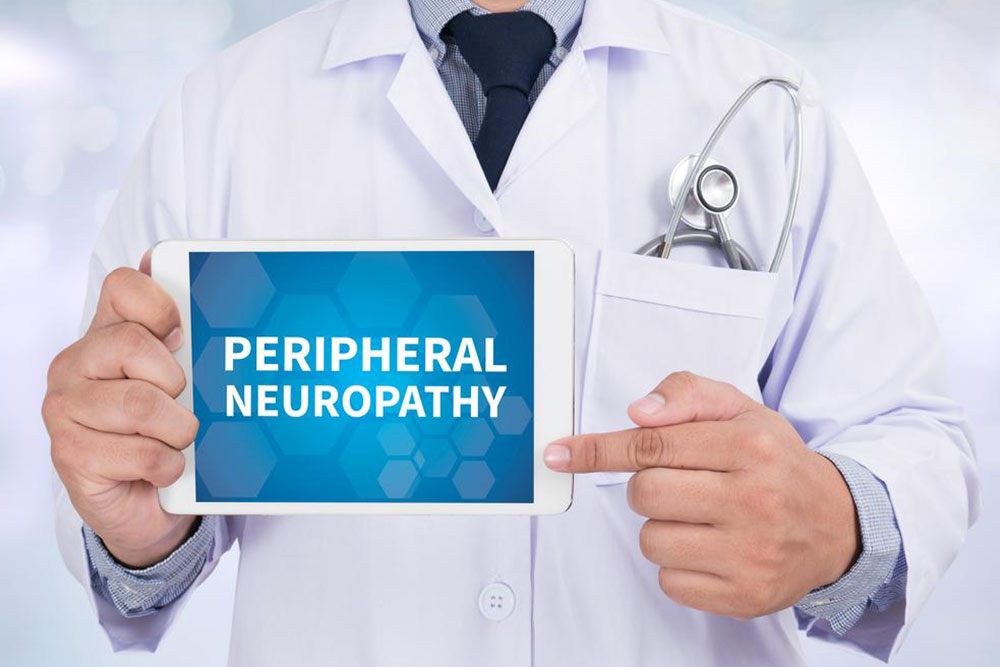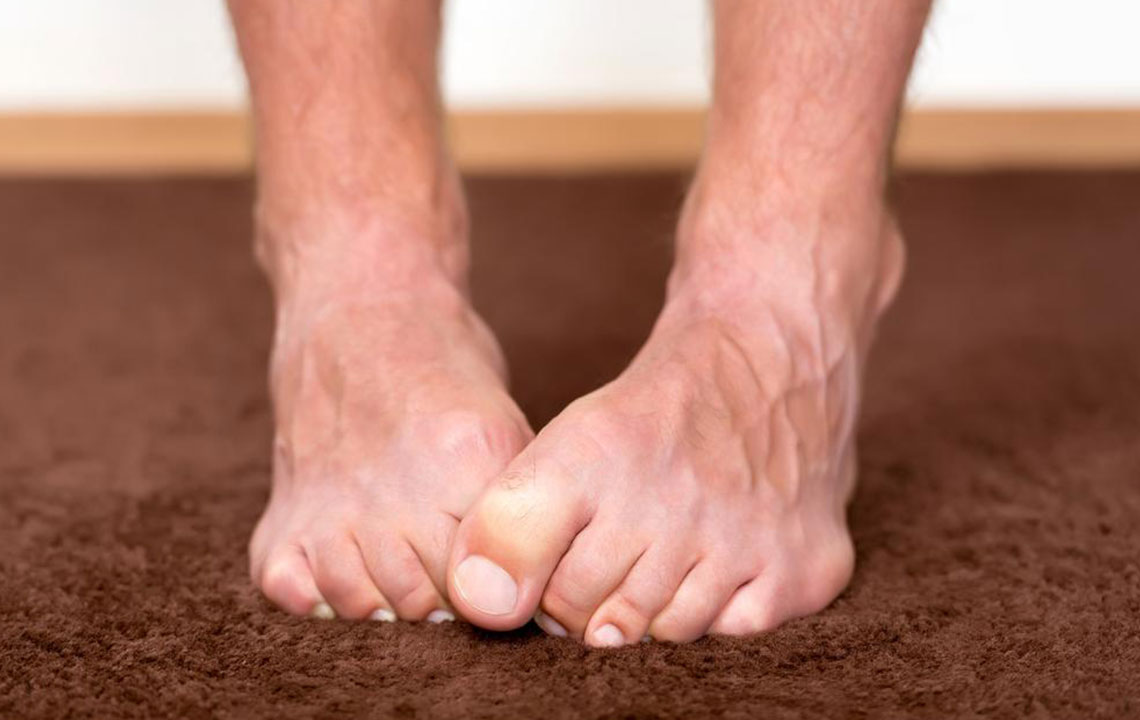Signs and Causes of Peripheral Nerve Injury: What You Need to Know
This article explores the causes, symptoms, and diagnostic methods for peripheral nerve damage. It emphasizes the importance of early detection and treatment to prevent long-term complications, highlighting conditions such as diabetes, medication effects, tumors, infections, and injuries. Recognizing signs like numbness, weakness, and tingling can lead to timely interventions and better outcomes.

Identifying Causes and Symptoms of Peripheral Nerve Injury
Peripheral nerve injury affects nerves outside the brain and spinal cord, often causing numbness, weakness, and discomfort primarily in hands and feet. The onset can be rapid or gradual. Recognizing the root cause is essential for appropriate treatment and recovery.
Typical causes include:
Diabetes: A common contributor, impacting over half of individuals with diabetes. Foot neuropathy is frequent, making regular foot inspections important to prevent unnoticed injuries or ulcers.
Medications: Certain treatments, like chemotherapy, can cause nerve damage. Patients on drugs for HIV, hypertension, or seizures may experience nerve-related side effects.
Alcohol abuse: Excessive drinking introduces harmful toxins and affects vitamin levels, potentially leading to nerve harm. Moderate alcohol intake may lower risk, and quitting can sometimes improve symptoms.
Tumors: Growths pressing on nerves, whether benign or malignant, can cause neuropathy. Cancers such as breast, lung, ovarian, or lymphomas are associated with nerve issues.
Infections: Conditions like HIV, Lyme disease, leprosy, hepatitis C, and diphtheria are known to damage nerves.
Injuries: Physical trauma from accidents, sports, or falls can injure or sever nerves, resulting in neuropathic symptoms.
Signs indicating nerve injury include:
Burning, stabbing, or cold sensations
Tingling or numbness in extremities
Increased sensitivity to touch
Muscle weakness
Balance and coordination issues
Diagnosis involves physical exams, medical history analysis, and nerve tests like conduction studies and electromyography. Early detection and treatment might reverse nerve damage and prevent worsening. Timely intervention is crucial for optimal recovery.
Note that nerve injuries, especially in the feet, may be reversible depending on the cause. Regular check-ups and prompt management are vital to improving prognosis and preventing long-term complications.


